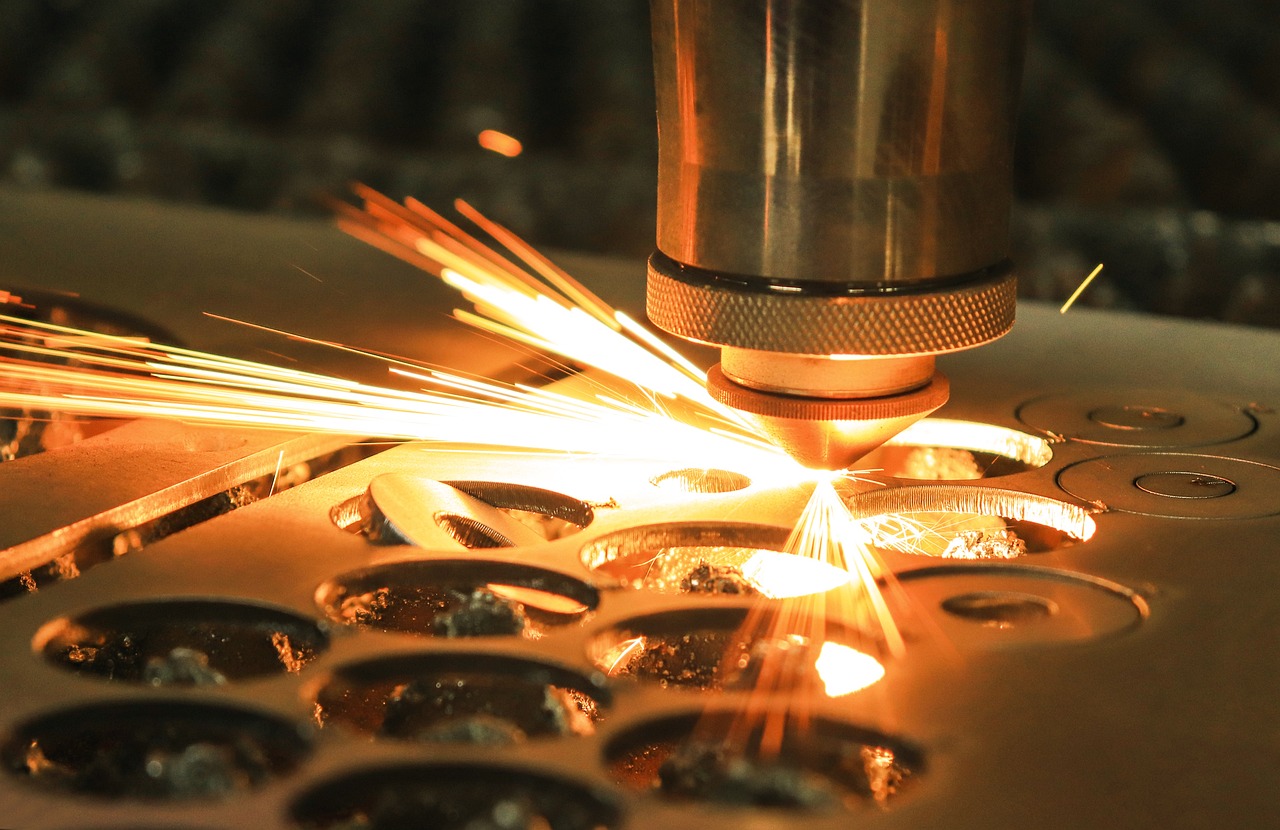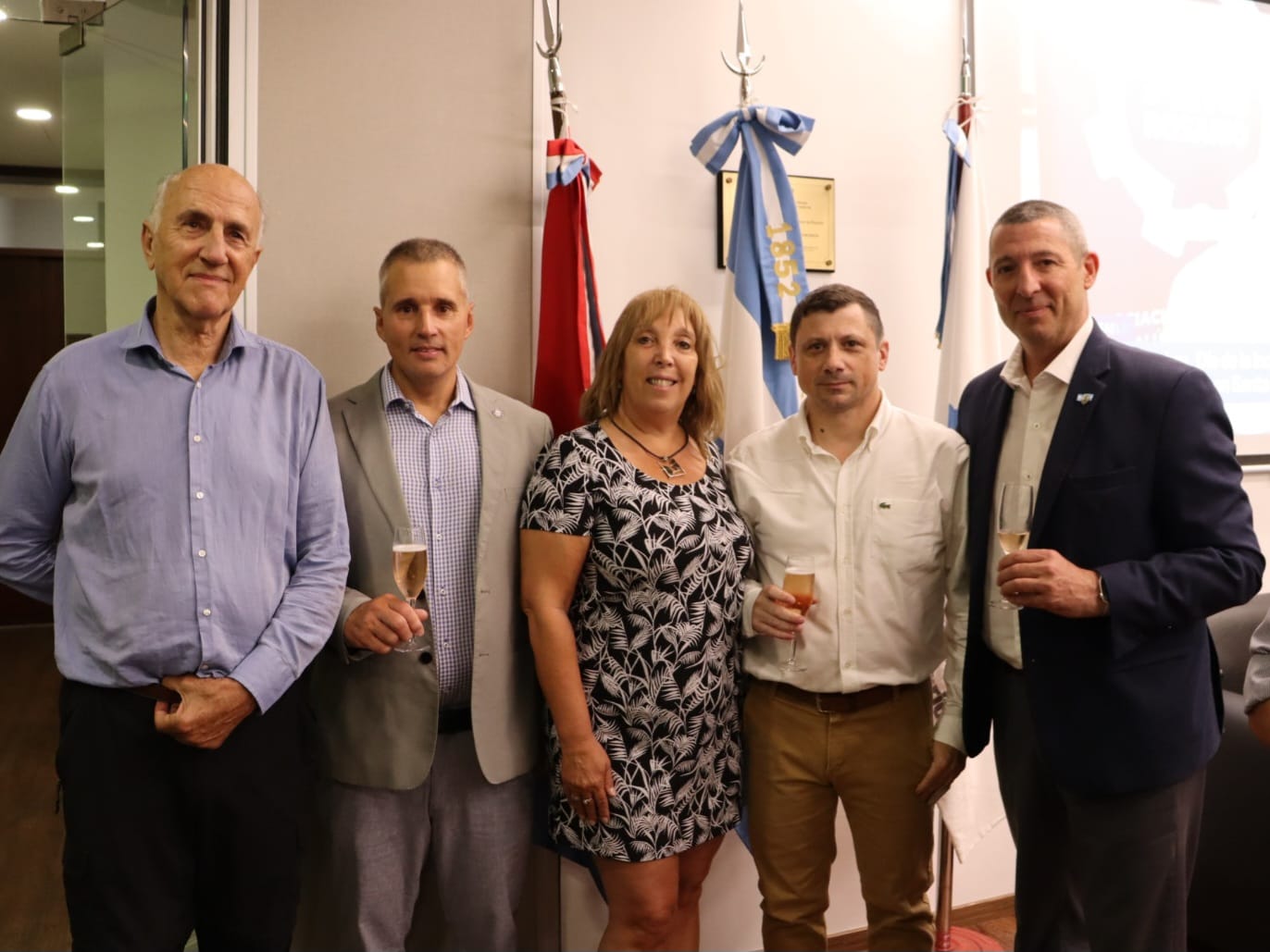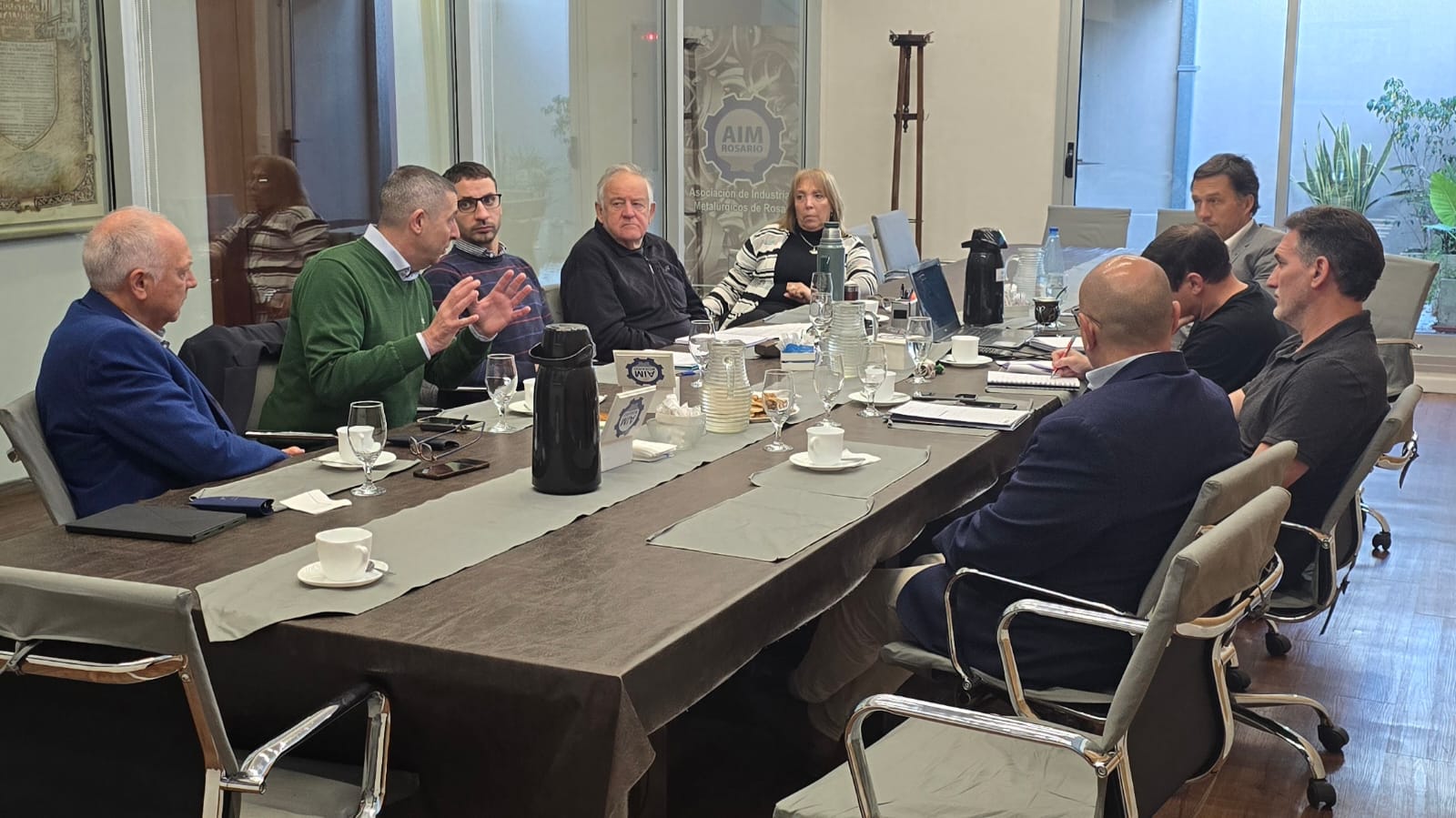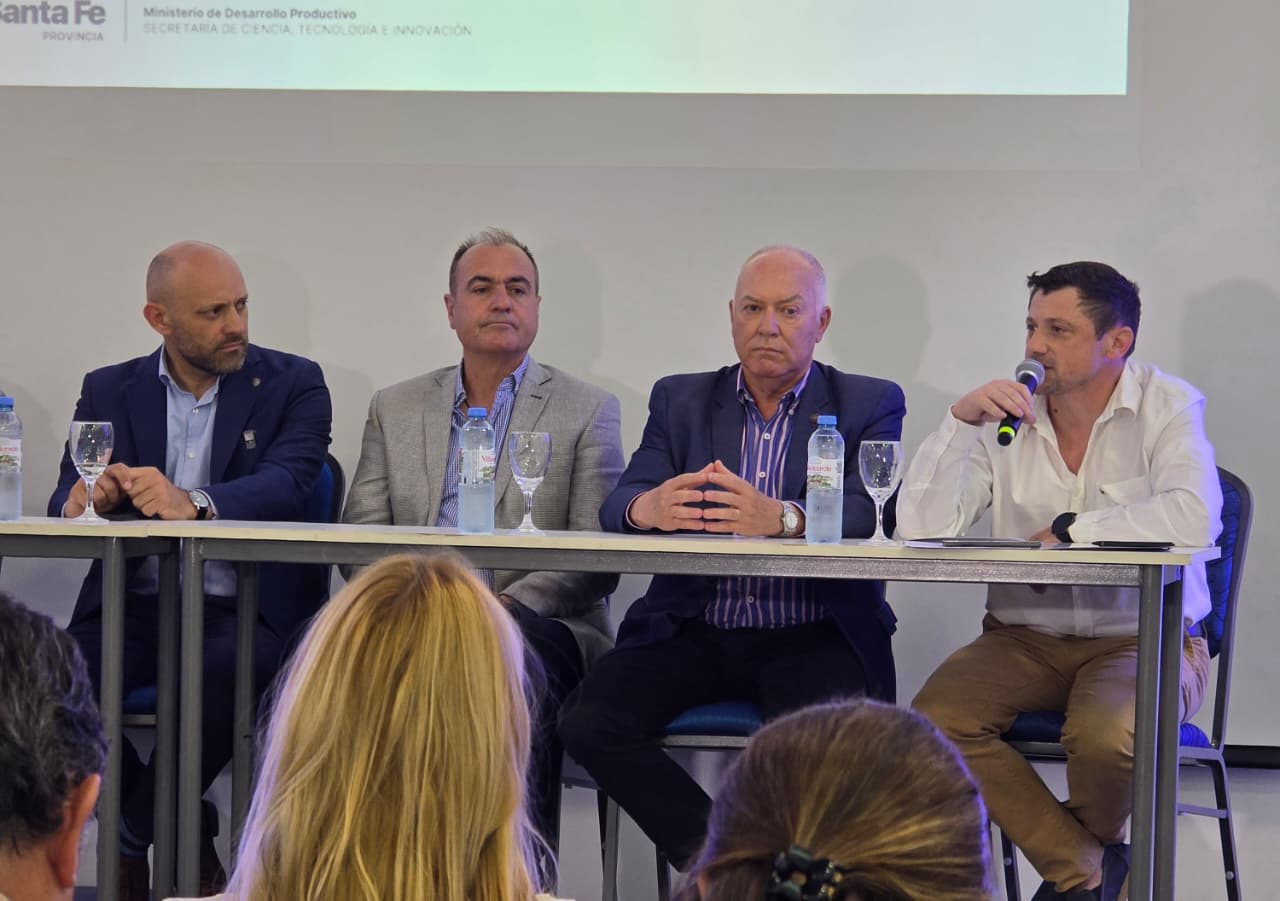The report “A common agenda to create more investment and employment in Argentina: eliminate distorting taxes to compete on a level playing field” was presented.
International experience shows that there is no developed country in the world that does not have a strong industry.
According to the published study, metallurgy could add USD 7.4 billion per year to the economy and thousands of jobs in the next decade as an ally of sectors such as oil and gas, energy and energy. renewable energy, forestry, industry and mining. To achieve this, it is necessary to improve structural competitiveness conditions.
“An orderly macroeconomy is the basis for restoring competitiveness to companies. We agree with the government's work in this direction and we value the effort that all Argentines are making in the transition to a new economic regime. But the macro is just the beginning," says the prologue.
And he continues: “Micro policies are needed, such as the recent announcement of a draft Investment and Employment Promotion Law for SMEs. The upcoming agenda is the one that will allow us to "generate a true competitive environment: lower the tax burden, non-salary labor costs, enhance financing to the private sector and reduce logistical costs."
Rafael Catalano, president of AIM Rosario, indicated Following the publication of the report: “Argentina needs a clear, long-term industrial policy to compete globally. Our industry faces challenges such as a high tax burden and high logistical costs.”
As the report demonstrates, in Argentina, metallurgical products face an average tax burden of 32% of the manufacturing cost, more than double that of Brazil and Mexico. Furthermore, a third of these taxes are distortionary, that is, they accumulate throughout the value chain (tax debits and credits, gross income, municipal taxes, stamps, among others).




.jpeg)

